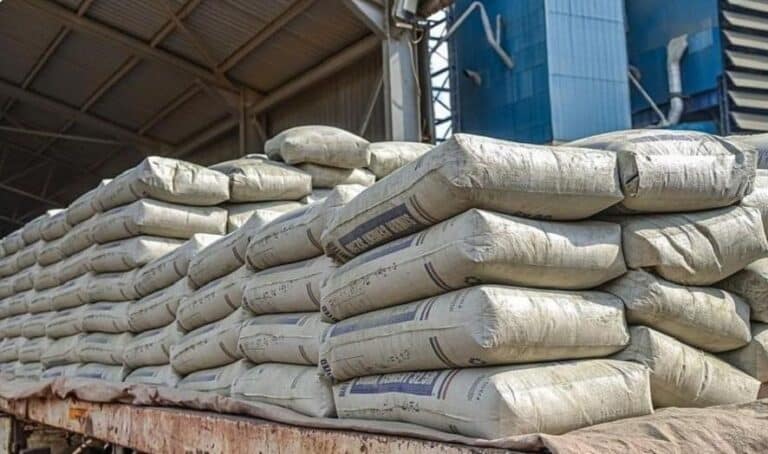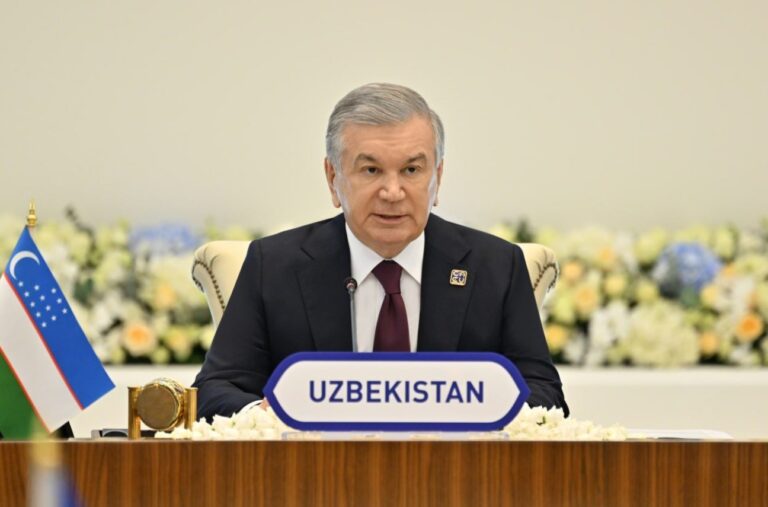
Agricultural exports are vital to Uzbekistan’s economy, but this reliance makes the country vulnerable to climate change. Suna Park, advisor to the Minister of Ecology, Environmental Protection, and Climate Change and director of the National Center for Green Transformation and Adaptation to Climate Change, told how the weather affects the country’s economy.

The expert underlines that the air temperature in Central Asia has increased by 1.5 degrees over 30 years, double the global average. Moreover, in the past 50-60 years, the region’s glaciers have decreased by 30%.
These factors lead to water scarcity, soil degradation, and an increased risk of natural disasters.
“Failure to take timely action to address climate change can result in significant challenges for agriculture. This can lead to a reduced harvest volume, lower production, decreased incomes for farmers and higher prices for agricultural products in the country’s markets,” Suna Park emphasises.
Water shortages in Uzbekistan reduce electricity generation at hydroelectric power stations, which are a crucial source of electricity in the country.
Currently, the republic faces a water shortage of 3 billion cubic meters. According to the Asian Development Bank (ADB), this shortage is projected to increase to 7 billion cubic meters by 2030 and 15 billion cubic meters by 2050.
Climate change can negatively impact public health, leading to malnutrition and infectious diseases spreading. Experts predict that, due to climate-related reasons, more than two million climate migrants will appear in Central Asia by the year 2050.
Suna Park notes, “The government of Uzbekistan is giving particular attention to the issue of climate change. Their efforts to combat climate change are integral to the country’s public policy.”
Kursiv previously reported that climate change is projected to cause the global GDP to decline by 19%.













